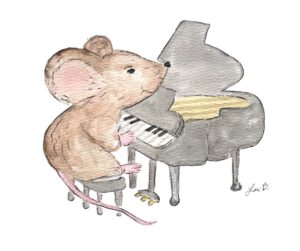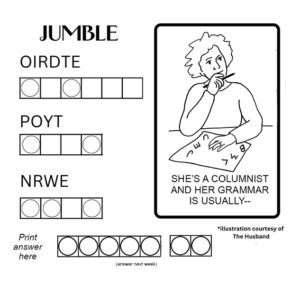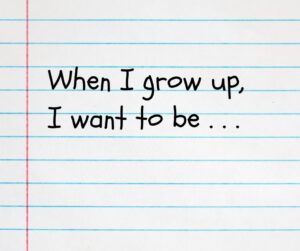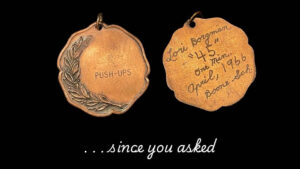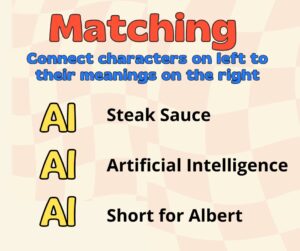Does anyone remember when you made a purchase, went to a doctor or took your car in for a repair and weren’t asked for a review? We are in the throes of review mania.
I recently visited a new dentist. Two hours after I left his office a text arrived asking for a review. I hesitated. What if I inadvertently posted something he took the wrong way? I could be looking at a root canal.
Plus, how do you review a dentist you’ve been to one time? The best I could think of was: “Nice guy and the waiting room didn’t smell like fluoride.” I didn’t leave a review.

A month later the dentist sent me a birthday card. I felt so terrible for not leaving a review that I began grinding my teeth at night. It could have been a plot.
Every time I get the oil changed in the car, I’m asked for a review.
How can I review an oil change? I can’t see the fellow working. He’s down in a
pit and I’m in a waiting area. I usually hear some rattling, but for all I know he is just banging tools against the underbody. I’ll leave a review after another 5,000 miles.
After a medical procedure that required sedation, I was asked to review my experience. How could I review the experience when I was unconscious?
Every bank, credit company, home and auto insurance rep we talk to on the phone wants us to hang on for a brief survey.
So many review opportunities, so little time.
Every time I check out at Walmart, a screen asks me to rate my visit. Since I always use self-checkout, I always leave five stars. It is basically a self-review. Glad to see I am doing well.
When my old Fitbit died and I was too cheap to buy another, I bought an off brand. I walked three miles and it registered as two. Then it began reporting my heart rate was 254 bpm. I reset the watch and my heart rate read 357 bpm. I should have been flat on the ground, but there I was briskly walking my “two miles.”
I returned the watch and received an email asking me to post a review.
Check and done.
Leaving a restaurant with a friend recently, the waitress gave us each an oversized bookmark asking for a review. We both thought that was daring considering the food arrived cold and she never returned with any water.
What percentage of customers write reviews? Depends on who you ask. Some sources claim as many as 74 percent of Boomers, 70 percent of Gen Xers and 60 percent of Millennials leave reviews. Other sources say only 5 to 10 percent of customers write reviews.
What we really need is someone willing to review the reviews.

